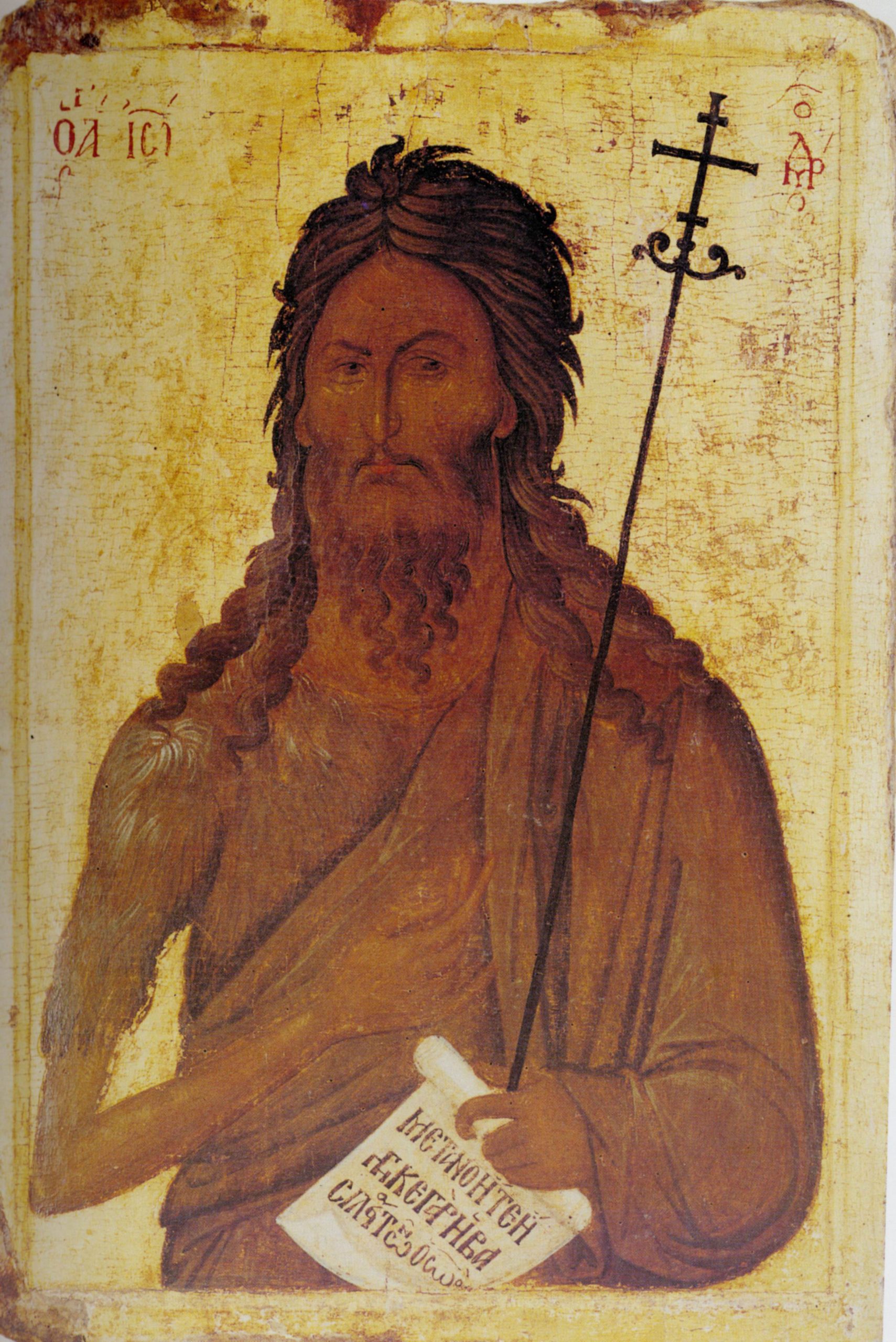Jesus said to them, “I AM the bread of life; he who comes to Me shall not hunger, and he who believes in Me shall never thirst.” John 6:35
I am the bread of life. Your fathers ate the manna in the wilderness, and they died. This is the bread which comes down from heaven, that a man may eat of it and not die. I am the living bread which came down from heaven; if any one eats of this bread, he will live forever; and the bread which I shall give for the life of the world is My flesh.” John 6: 48-51
In the last reflection we referred to Moses and this reflection will begin with him as well. After Pharoah finally let the Hebrews go from Egypt, Moses led them across the Red Sea towards the Promised Land. The journey, in terms of miles, was not that long, only a few hundred, but it took them forty years to cross this expanse. Just goes to show how hard it is to get a lot of people on the same page.
As the Hebrews were complaining that there was no food for them to eat in the desert, the Lord said to Moses “Behold, I will rain bread from heaven for you; and the people shall go out and gather a day’s portion every day, that I may prove them, whether they will walk in My law or not.” (Exodus 16:4) Every morning, a substance “like coriander seed, white, and the taste of it was like wafers made with honey” (Exodus 16:31) was found on the ground outside of their tents. The Israelites called this “Manna.” Enough fell for each person to be satisfied each day. Twice as much fell on Friday and the people were told by the Lord to gather the extra amount to eat on the Sabbath, so they wouldn’t have to work on the Sabbath. The people had to trust the Lord, and not hoard more than their share. The manna was provided every day for forty years until the people reached the land of Canaan.
Jesus was bold in proclaiming the “I AM” phrases, the first of which we encounter today. He said “I AM the bread of life.” (John 6:35, 48) Contrasting Himself to the manna which was eaten by the Israelites, He said “Your fathers ate manna in the wilderness and they died. This is the bread which comes down from heaven, that a man may eat of it and not die.” (John 6:49-50)
The manna sustained the Israelites in their journey to “the Promised Land.” However, their promised land was still just a temporary victory, as they would all eventually die there. Holy Communion is the “manna” for today. This “Bread of Life” is what sustains us in our journey through the “deserts” of life. The priest, in the Divine Liturgy, shortly before Communion, breaks the Bread, the Body of Christ, and places it into the chalice offering these words, “The Lamb of God is broken and distributed, broken but not divided, He is forever eaten and is never consumed, but sanctifies all those who part of Him.” Like the manna in the wilderness, we offer Holy Communion continuously. The Holy Spirit consecrates our gifts of bread and wine all over the world every day. There is no running out of His blessings, no running out of Communion, just like there was no running out of the manna. And as with the manna, we receive a portion each time. We don’t take Communion home or hoard it, but rather receive a portion of it each week. We can count on the blessing of the Holy Spirit coming down each time the Liturgy is offered, to consecrate bread to be the Bread of Life. And THIS Bread of Life, doesn’t just sustain us through the deserts of this life, it leads us to the promised land of eternal life. So, in calling Himself “The Bread of Life,” Jesus was building on the idea of the manna, but superseding the purpose of the manna, for His bread leads to eternal life.
One more interesting note. In Exodus 16:33, we read “And Moses said to Aaron, ‘Take a jar and put an omer of manna in it, and place it before the Lord, to be kept throughout your generations.’” This is the pre-cursor of the tabernacle that sits on the altar table in all Orthodox Churches, where a portion of the “Bread of Life” (Holy Communion) remains perpetually.
Tremble, O man, as you behold the divine Blood. It is a burning coal that sears the unworthy. The Body of God both deifies and nourishes me: It deifies the Spirit and wondrously nourishes the mind. (Prayers before Communion, from the Divine Liturgy, Holy Cross Seminary Press, 2015)
Prepare to receive the Bread of Life as often as you can. This, above all other things in this world, is what will propel us across the “deserts” into the promised land of eternal life.
These readings are under copyright and is used by permission. All rights reserved. These works may not be further reproduced, in print or on other websites or in any other form, without the prior written authorization of the copyright holder: Reading © Holy Transfiguration Monastery – Brookline, MA, Apolytikion of Abbot Marcellus © Narthex Press, Kontakion of Abbot Marcellus © Holy Transfiguration Monastery – Brookline, MA.
The Revised Standard Version of the Bible is copyrighted 1946, 1952, 1971, and 1973 by the Division of Christian Education of the National Council of the Churches of Christ in the U.S.A. and used by permission. From the Online Chapel of the Greek Orthodox Archdiocese of America.

